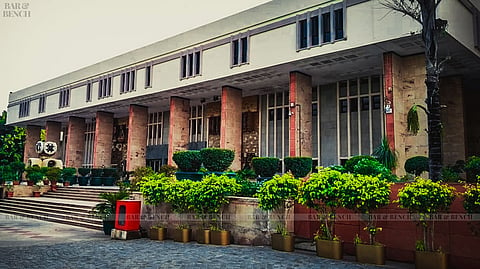
- News
- Columns
- Interviews
- Law Firms
- Apprentice Lawyer
- Legal Jobs
- हिंदी
- ಕನ್ನಡ

The Delhi High Court has expressed shock at the number of false claims/defences raised by the government in various cases stating that the same is done with impunity since there is no accountability of any government officer raising such claims (Hajara & Ors. v. Government of India).